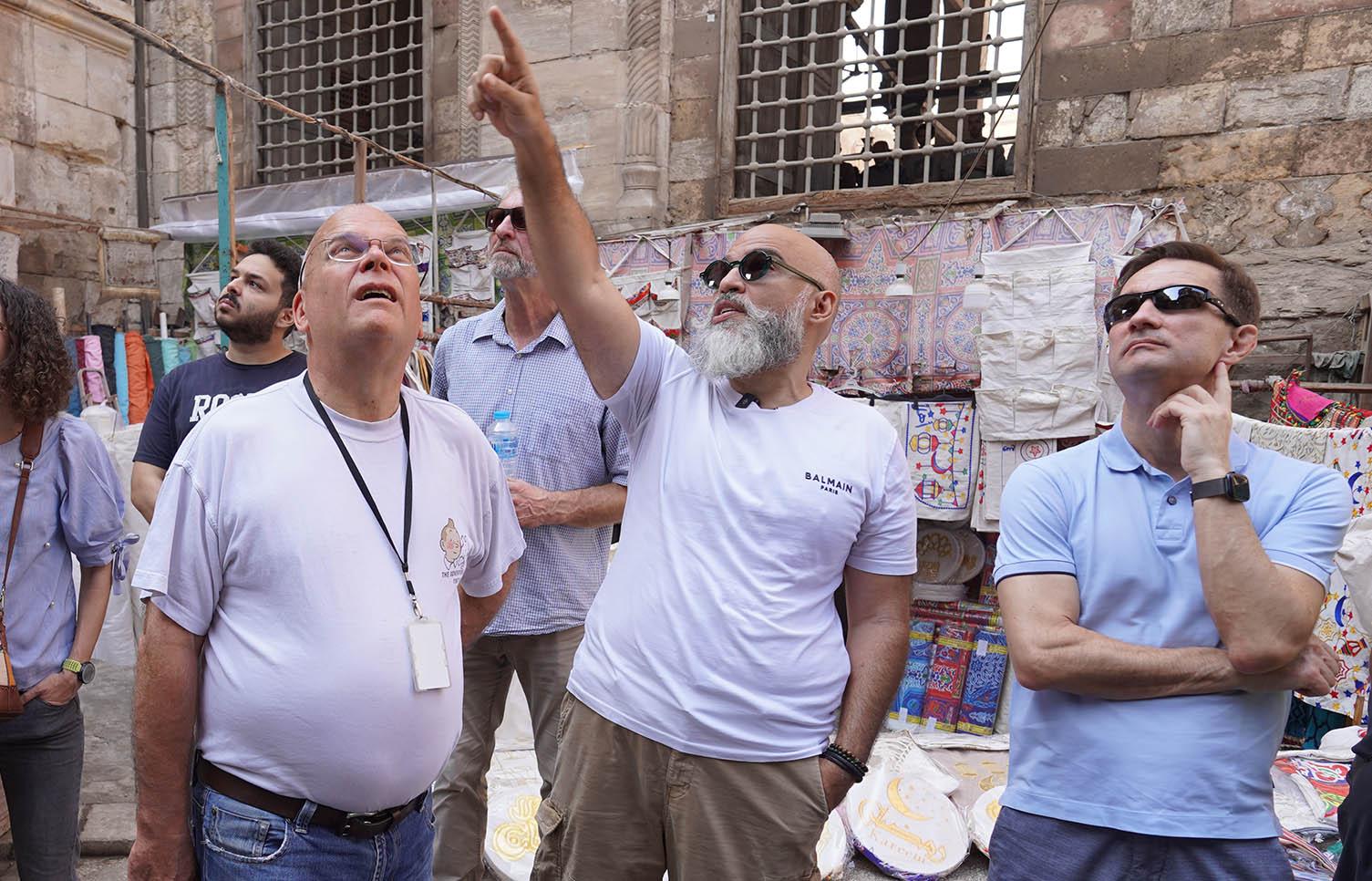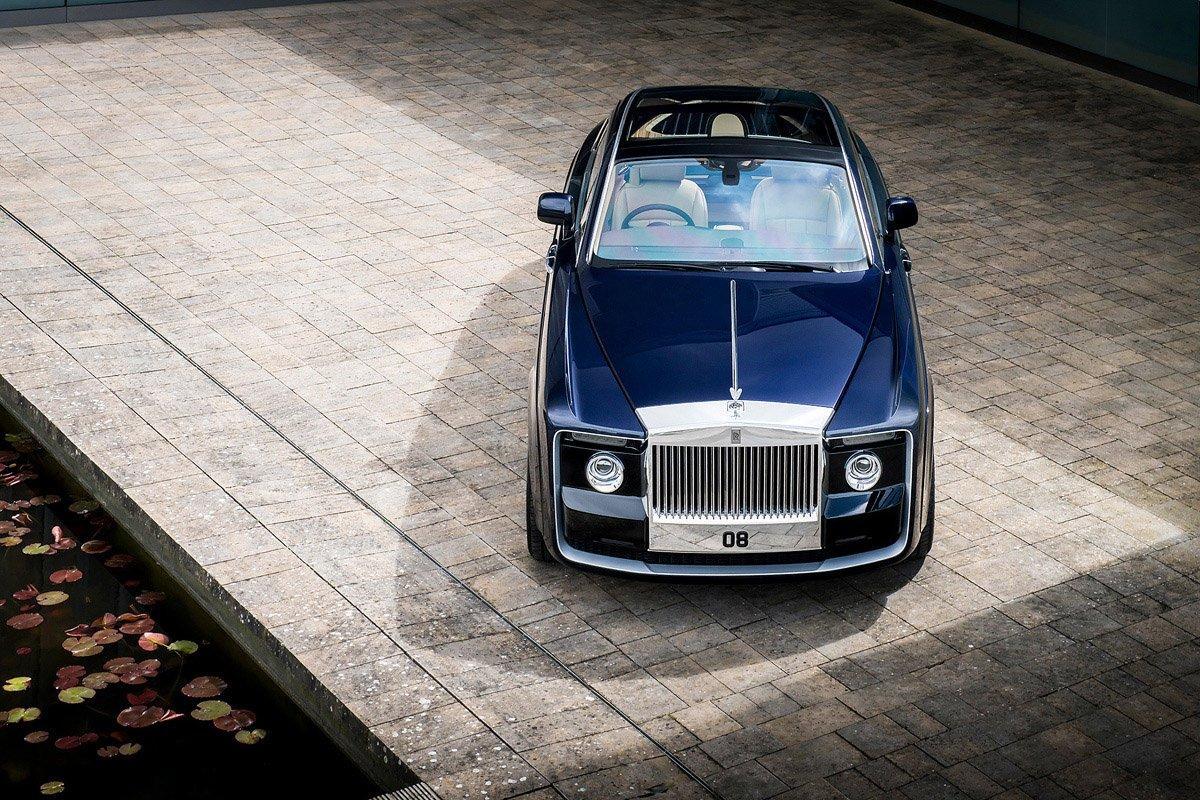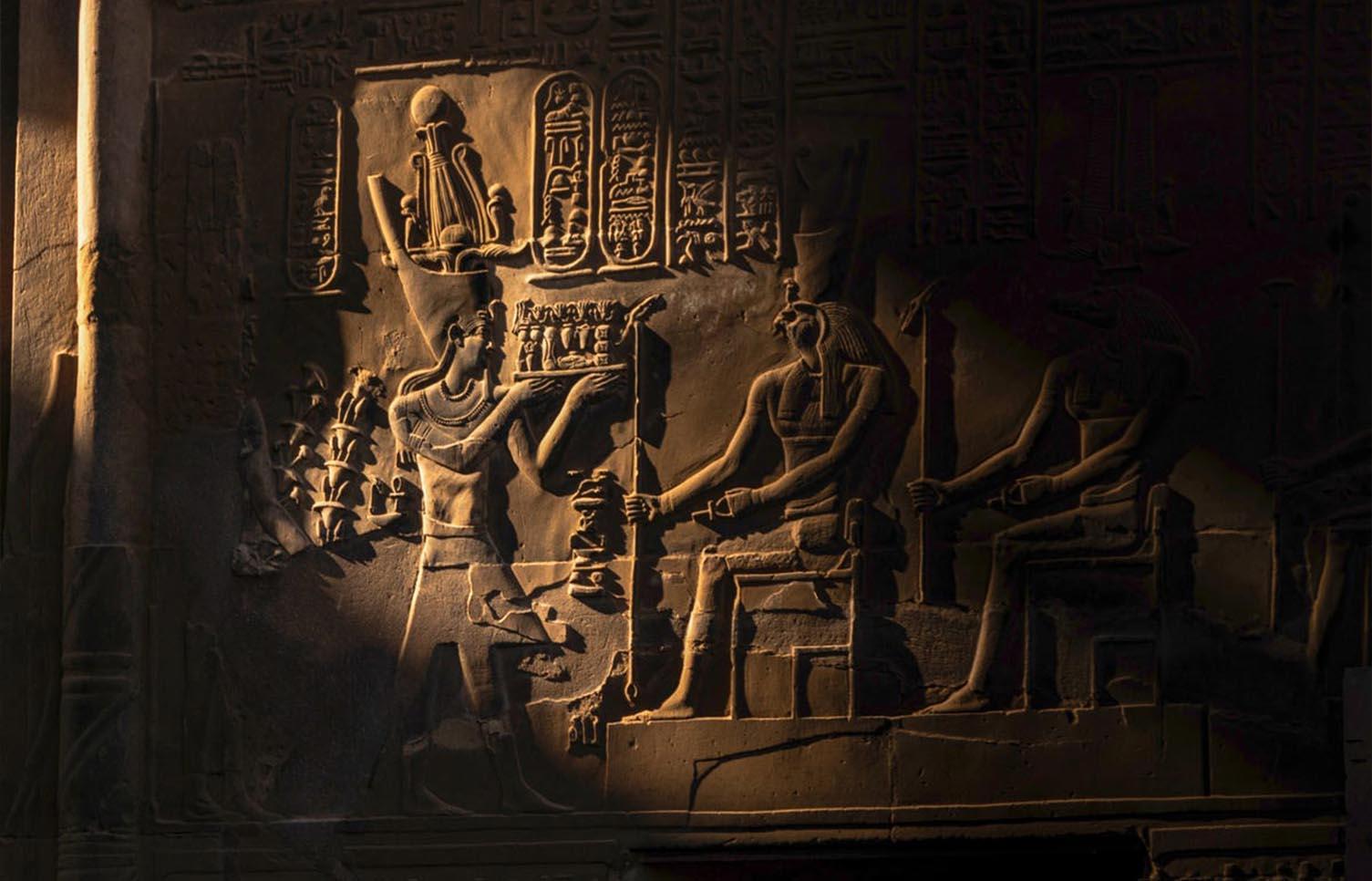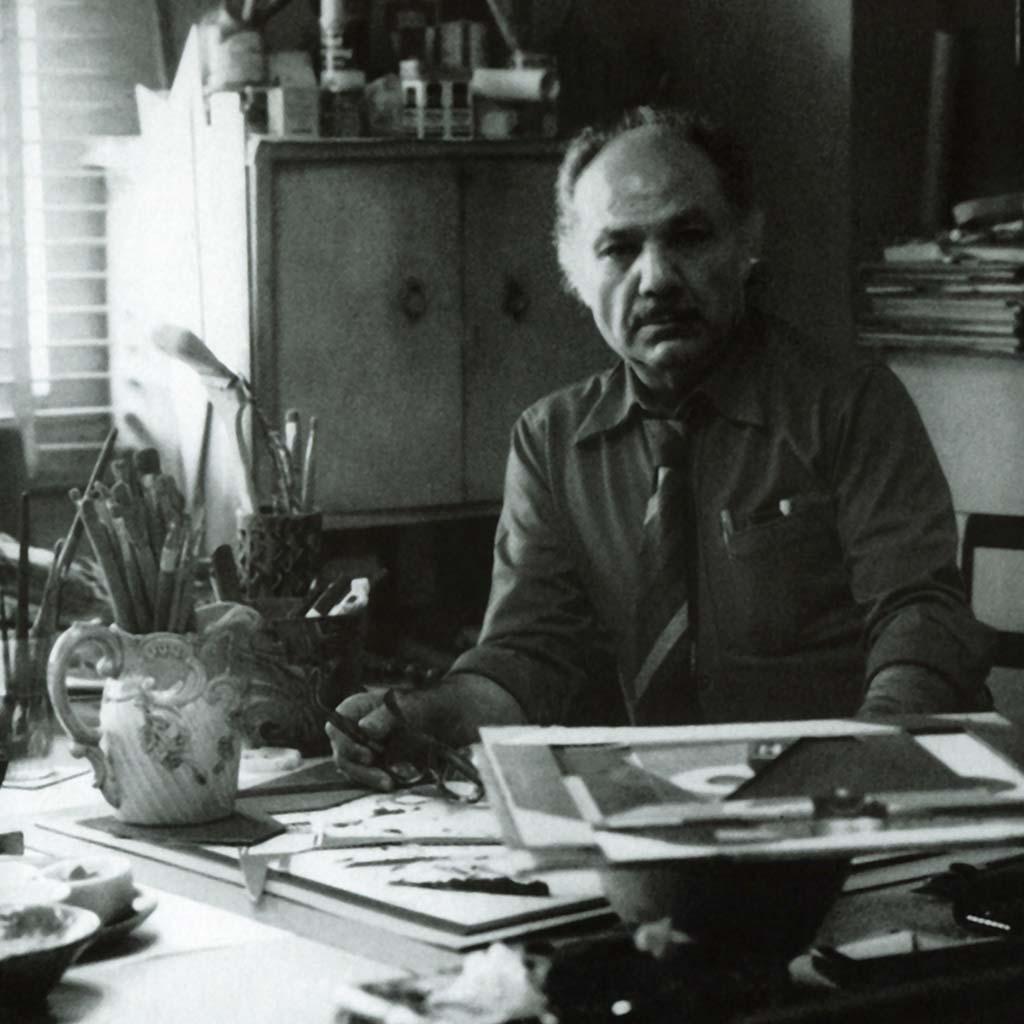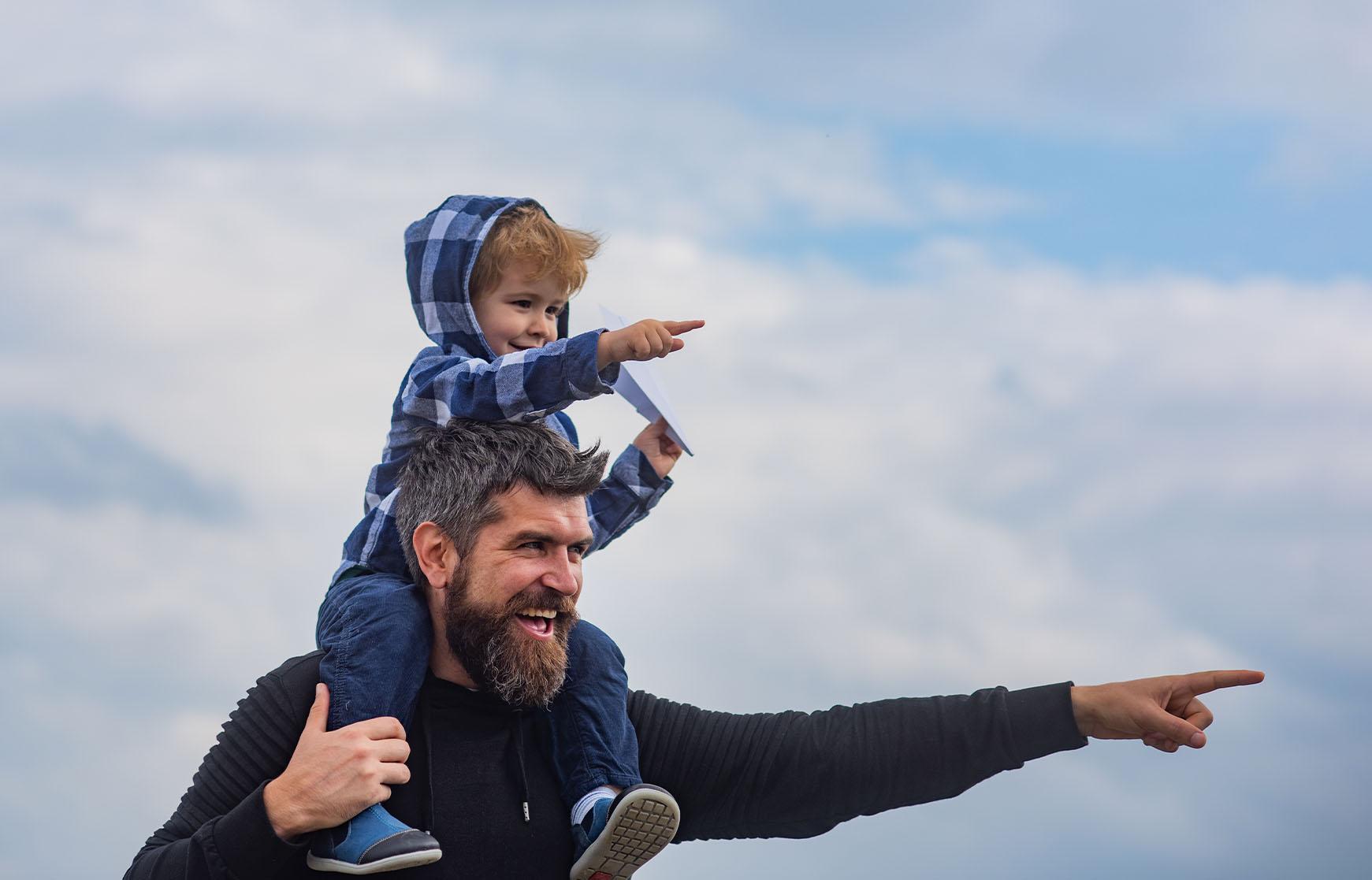
Written by: Mahmoud Demerdash
Date: 2025-07-14
Where Vulnerability Meets Strength
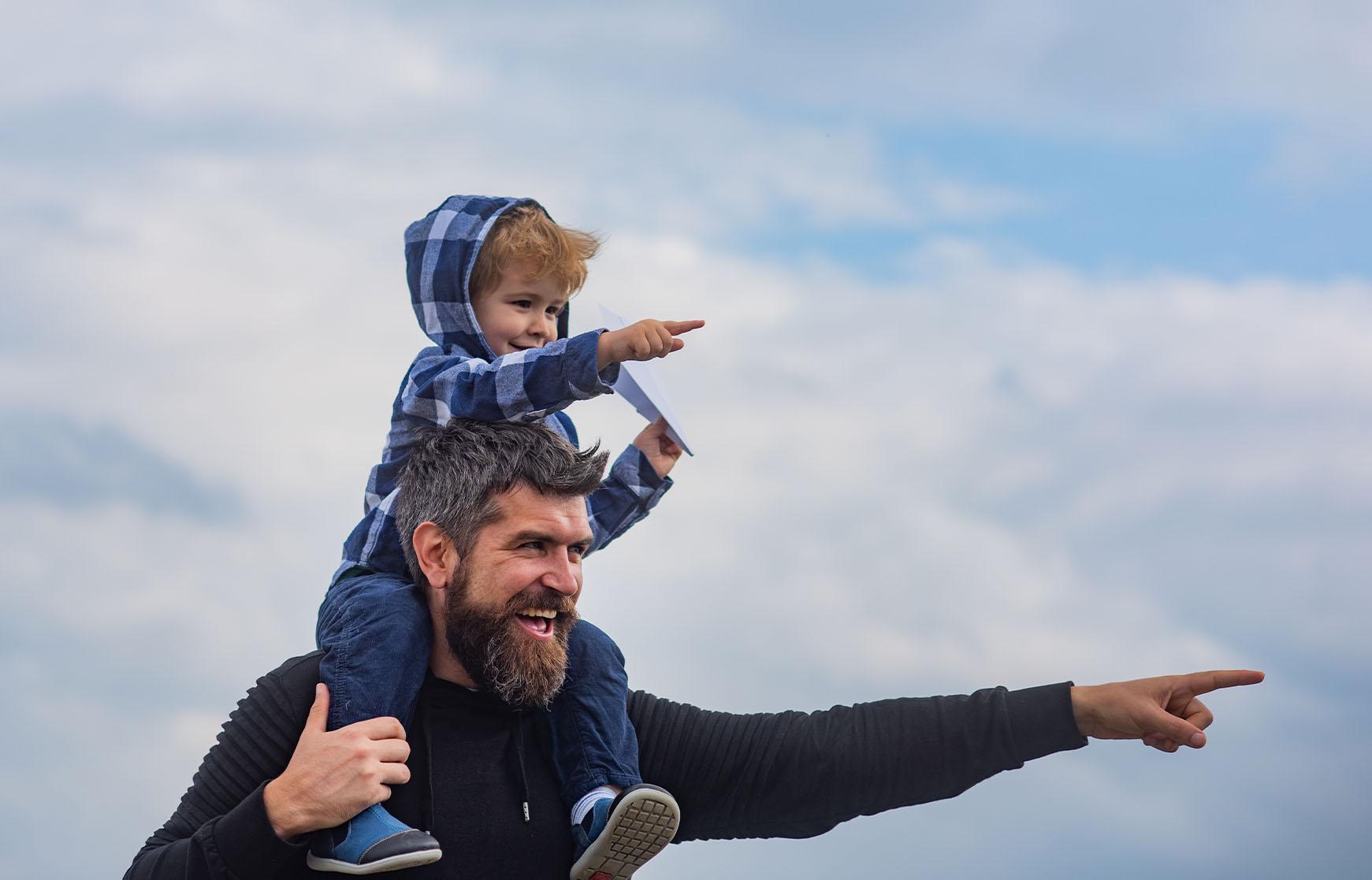
Redefining What It Means to Be a Dad in the Modern Age
The modern father is no longer confined to the image of the stoic provider or the emotionally distant disciplinarian. In an era of heightened emotional awareness and evolving social expectations, fatherhood has undergone a quiet yet profound transformation. Today’s dads are being asked to be more than just present; they’re being asked to be emotionally engaged, nurturing, and vulnerable, all while navigating the traditional pressures of masculinity and responsibility. This evolution has given rise to what might be called a new kind of father, a more emotionally intelligent, hands-on, and self-aware version of fatherhood that is redefining what it means to raise children and to be a man.
In previous generations, fatherhood was often synonymous with providing for one's family. A “good father” was one who worked hard, paid the bills, and ensured discipline at home. Emotional expression was mainly left to mothers, while fathers were expected to maintain a certain stoicism. Intimacy was rare, and affection was often implied rather than shown.
But over the last few decades, this model has slowly unravelled. As gender roles have expanded and the conversation around mental health and emotional well-being has grown louder, so too has the understanding that fathers are not just financial supporters; they are co-parents, caregivers, role models, and emotional anchors.
This change is not just anecdotal. Studies show that today’s fathers spend significantly more time with their children than those in previous generations. In the 1960s, American fathers spent an average of 16 minutes per day on childcare; today, that number has increased by over 300%. The modern father isn’t just at the dinner table; he’s at school pickups, doctor’s appointments, and bedtime routines.
This shift isn’t limited to Western societies. Here in Egypt, we’re witnessing a similar evolution. More Egyptian fathers are stepping into active parenting roles, challenging long-held cultural norms that once placed emotional caregiving solely in the hands of mothers. It’s becoming increasingly common to see fathers at parent-teacher meetings, sharing school runs, or openly expressing affection toward their children in public — quiet but powerful indicators of a broader cultural change. Whether influenced by global conversations, economic necessity, or generational insight, Egyptian dads are redefining their role within the family, blending tradition with emotional presence in a way that reflects a new chapter in fatherhood.
Millennial and Gen Z fathers are far more attuned to the emotional needs of their children than many of their predecessors, not because they love more, but because different social and cultural forces shaped them. Having grown up in an era that emphasized mental health, emotional intelligence, and open communication, these generations are more likely to challenge the “strong, silent father” archetype they may have seen in their own homes. Many witnessed the emotional absence of older male role models and made a conscious decision to parent differently. Additionally, the digital age has given them access to resources, parenting blogs, therapy culture, and social media communities that normalize vulnerability and provide tools for navigating complex emotions. As a result, they’re more likely to value presence over authority, empathy over control, and connection over discipline, creating a new model of fatherhood rooted in both strength and softness.
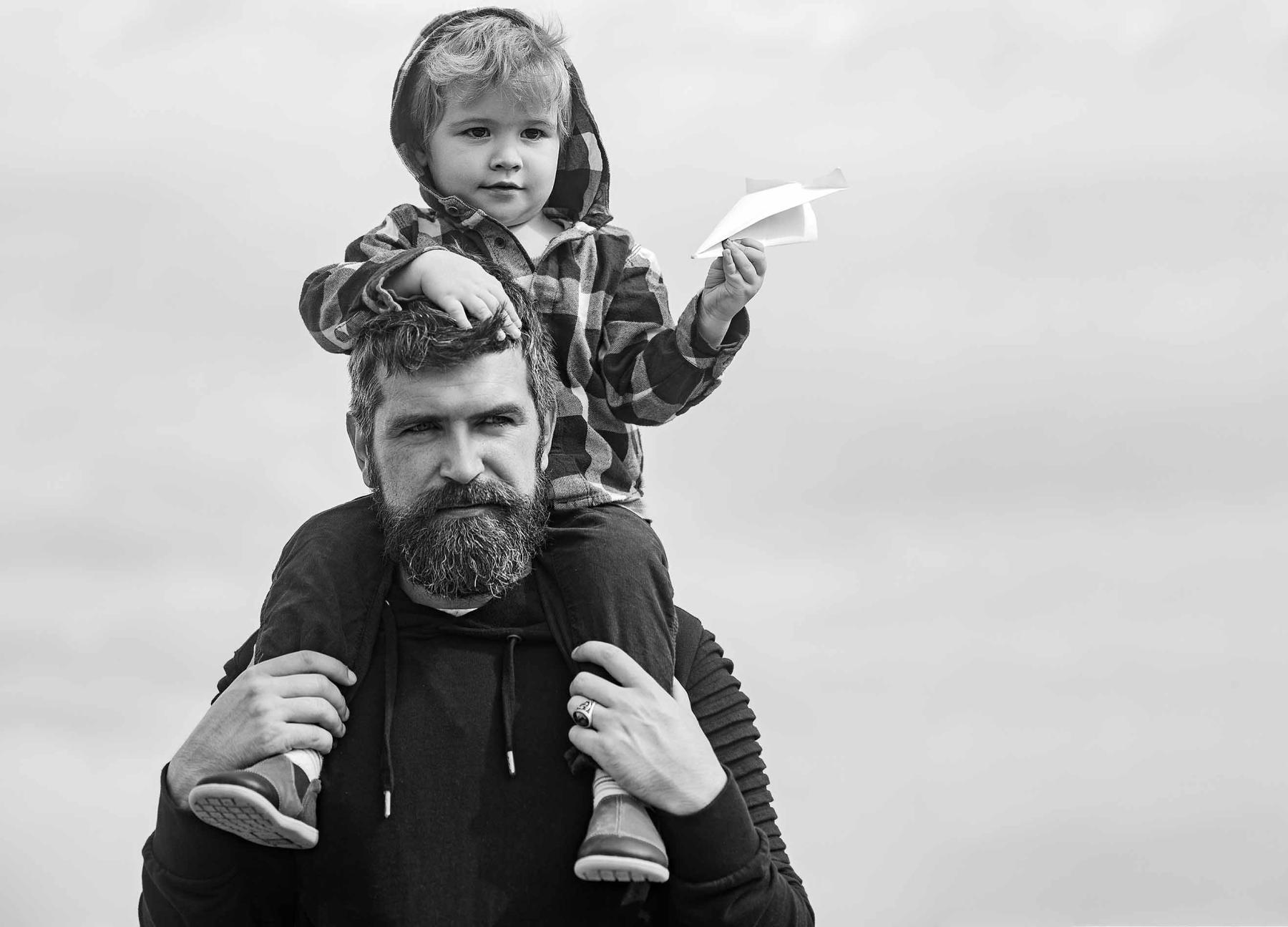
Despite this progress, the shift hasn’t been seamless. Some fathers may still struggle to reconcile traditional ideas of masculinity — strength, stoicism, and control — with the emotional availability that modern parenting demands. For some, there’s a fear of appearing “soft,” especially in cultures where toughness has long been equated with masculinity. For others, the challenge is more internal; they were never shown how to express emotions or nurture others, and now they must learn those skills in real time with their children watching. The habit of traditional parenting is hard to break. For many men, there’s a deeply ingrained belief, often inherited unconsciously, that parenting should mirror the way they were raised. This mindset is rooted in familiarity, nostalgia, and even a sense of loyalty, a “It was good enough for me, so it should be good enough for my kids.” In cultures where discipline, authority, and emotional restraint were seen as the cornerstones of masculinity, deviating from that model can feel uncomfortable or even threatening. Some fathers fear that being emotionally open or too “soft” might undermine their authority or weaken their children’s resilience. Others simply lack the tools or language to express themselves differently, especially if vulnerability was never modelled for them growing up. This tension between the pull of the past and the promise of progress is where many modern fathers find themselves, trying to break old cycles while still grappling with their own emotional inheritance. The result is often a quiet internal struggle between tradition and transformation, one that defines the ongoing evolution of fatherhood across generations. But rather than being a weakness, emotional sensitivity has proven to be a strength in parenting. Psychologists note that children, especially boys, benefit enormously from emotionally present fathers. They learn that strength and vulnerability are not opposites, but allies. They grow up knowing that it’s safe to cry, to ask questions, to connect, and that emotional literacy is part of being human, not something to be ashamed of.
As actor Dwayne “The Rock” Johnson once said on an episode of Oprah, “I realized being a father is the greatest job I have ever had and the greatest job I will ever have… I always wanted to be a great dad. I always wanted to give Simone things that I felt I never got… And the most important thing… is, ‘I’m always here for you. I love you.’” Public figures have increasingly opened up about the emotional depth of fatherhood. Barack Obama often spoke about how being a father shaped his presidency and worldview, saying during a 2010 Father's Day speech, “I decided that if I could be one thing in life, it would be to be a good father… Nothing else comes close to the pride I feel in their achievement and the satisfaction I get in watching them grow into strong, confident young women.”
A key hallmark of this new age of fatherhood is vulnerability. Modern dads are encouraged to show uncertainty, to apologise, to say “I don’t know,” and to admit when they’re struggling. In doing so, they teach their children that strength doesn’t come from pretending to have all the answers, but from having the courage to seek them. This vulnerability extends beyond the home. More men today are discussing parenting openly on social media, in books, and in public forums, breaking the silence that once surrounded fatherhood and creating a more supportive, realistic conversation about its challenges.
It’s no longer socially unacceptable to hear a dad talking about postpartum depression, sleepless nights, or the emotional toll of parenting. The image of the “superdad” is slowly giving way to a more honest one — a man who is doing his best, making mistakes, and learning as he goes. And that, perhaps, is what makes modern fathers truly super. Not their perfection, nor their ability to control or provide without faltering, but their willingness to confront old patterns, to wrestle with the parenting models they inherited, and to show up — emotionally, consistently, and vulnerably — even when it feels unfamiliar. It’s in the quiet moments of self-reflection, the awkward first attempts at emotional openness, and the decision to raise their children with both strength and softness that today's fathers redefine heroism. Because breaking the cycle isn’t easy, but choosing to do better, even without a map, is precisely what makes their role extraordinary.
It is often forgotten that while children are new to the world, parents are just as new to parenting; both are experiencing everything for the first time, learning, stumbling, and growing together. Fatherhood is not about being perfect. It’s about being present — both emotionally and mentally, as well as physically. It’s about rewriting the narrative that says men must be strong at the expense of their softness, that love must be tough, or that tears are a sign of weakness. It’s about embracing a version of masculinity that makes room for tenderness, honesty, and growth — not just for the sake of our children, but for ourselves. Because in the end, the legacy of a father isn’t written in how much he earned or how strict he was. It’s written in the memories he created, the lessons he taught, and the emotional blueprint he passed down — one quiet moment, one conversation, one embrace at a time.
